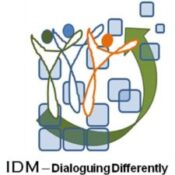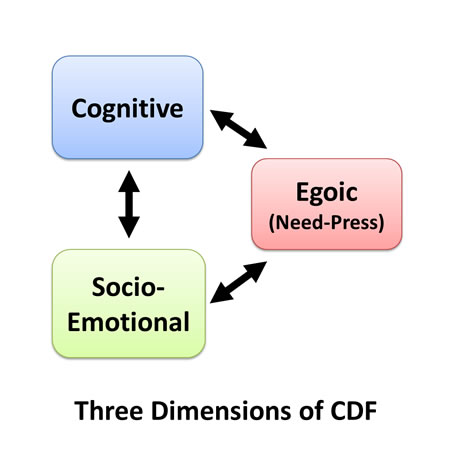In a time of increasing digitization of human resources and their management it is urgent to explain the limits of replacing human intelligence by algorithmic intelligence, or molding the use of human intelligence by algorithms. What is required is not only a deeper understanding of the human capability for work delivery, but the intrinsic limits of boosting work delivery algorithmically given the nature of human intelligence, attention and accountability.
In this new preface to the second edition of my 2008 publication of Measuring Hidden Dimensions of Human Systems (MHD2) I highlight the many new concepts this publication introduced almost 10 years ago. I want to promote deeper insight into the nature of human action logic compared to algorithmic logic, and the need for strengthening human action logic by way of deliberately developmental processes, both social-emotional and cognitive.
The volume demonstrates that work delivery becomes possible in individuals as well as teams by the mind’s construction of an “internal workplace” that accounts for both motivation for work and conceptual clarity in delivery of work. As shown in the book, the internal workplace is influenced by both the social-emotional and psychological dimensions of personality combined with the level of thinking complexity at a particular developmental level of an individual. This tripartite perspective on human work delivery makes glowing predictions of the potential of digitization of work premature and shallow.
The volume also shows that when discussing issues of work digitization — aside from digital HC management — one needs to take into account not only the task dimension of work (Task House) but also its organizational environment (Organizational House) and individuals’ professional career agenda (Self House). This broader view of digitization is often missing in present-day discussions.
The book is the first to define the deliberately developmental dialogical processes that are needed to enable and scaffold work delivery based on algorithmic and robotic processes imposed on individuals, and the ways in which individual’s cognitive resilience can be strengthened pedagogically and by coaching.
Central concepts pioneered in the publication are, e.g., (1) capability (in contrast to competences), (2) internal workplace, (3) Three Houses of work, (4) capability architecture, (5) accountability architecture, (6) levels of thinking complexity, (7) measuring fluidity of thinking, (8) the thought-form structure of thinking, and (9) cognitive coaching.
The 2nd edition of MHD2 is available on this website under Publications, in the form of a pdf. In contrast to the first edition, the associated Manual of Dialectical Thought Forms (DTFM) is now available as a separate publication at the same location, both for private study and for developing teaching programs for dialectical thinking in organizations, institutions, schools and universities. To obtain a pdf copy of both works, write to [email protected].




